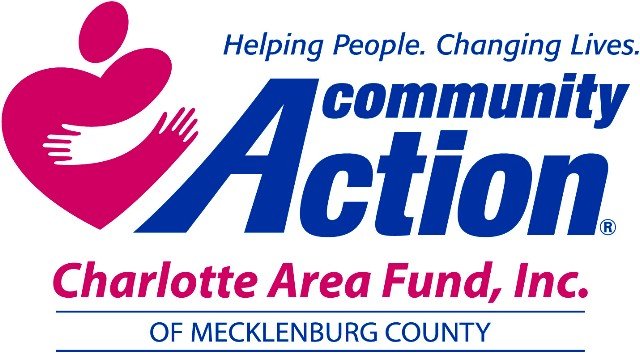United Way of Central Carolinas has been selected to lead an ambitious project to “prevent and end homelessness” in Charlotte-Mecklenburg.
In January, a public-private partnership of local organizations unveiled the framework of the Charlotte-Mecklenburg Housing and Homelessness Strategy Initiative, a broad, five-year strategy to make homelessness “rare, brief, and non-recurring.”
On Thursday, the initiative announced that the local United Way would spearhead that effort. The initiative includes 28 public and private organizations, including Charlotte Center City Partners, Bank of America, Charlotte-Mecklenburg Continuum of Care, Roof Above, CLT Alliance and Novant Health.
Center City Partners CEO Michael Smith said United Way was chosen for its ability to work with organizations to solve community issues.
Free Newsletter
Stay informed with news and events that impact Charlotte’s Black communities.
“We want to close those gaps between different nonprofits that are providing these services, let them share research and let them co-develop strategies to address our [homelessness and housing] problems,” Smith told QCity Metro.
Why it matters
More than 3,000 people in the county were actively experiencing homelessness as June 2021, according to the Charlotte-Mecklenburg State of Housing Instability & Homelessness Report. A disproportionate percentage of those homeless residents were Black and brown. In addition, more than 28,000 households were behind on rent and at risk for eviction, according to that same report.
The initiative, led by Cathy Bessant, a Bank of America executive, and Eugene Woods, president and CEO of Atrium Health, was launched in April 2021. Organizers say it is the first comprehensive effort to address housing instability and homelessness in the community involving the public, private and non-profit sectors.
Part 1 of the initiative — the “strategic framework” — was released in January and included high-level recommendations across nine focus areas: prevention, shelter, affordable housing, cross-sector supports, policy, funding, data, communications and long-term strategy.
Part 2, released Thursday, laid out an organizational chart (below) called an “enduring structure.”

Smith said the initiative had not finalized its list of grass-roots partners — organizations that align with the strategic framework.
Kathyrn Firman-Sellers, chief impact officer for United Way of the Carolinas, said the trust that the United Way has built in the community works in its favor as the lead organization.
“We really work to go across sectors and bring people together to solve really complex problems,” she said. “It’s what we have historically done and we’re kind of good at it.”
Firman-Seller said patience will be key.
“The thing I want to be really clear about is that this is not a two-year solution or three-year solution,” she said. “We really have to keep our eye focused on this over the long haul if we’re going to build in funding but also policy solutions that are going to provide long-term answers to this issue.
Firman-Seller said United Way would start with tasks that can be done quickly.
Its first priority, she said, is to hire new staff, starting with a director to head the initiative and a strategy coordinator to handle project planning and management.
Firman-Seller said United Way will work with a consultant to help guide the effort and get community input.
Funding, she said, will come from Mecklenburg County.
Two groups — an advisory council and a technical committee — will support United Way.
The technical committee includes leaders of homeless-service agencies. The advisory council will consist of non-profit leaders. Each will include people who have experienced homelessness, Smith said.
The initiative models its plan after those in other cities, including Columbus, Ohio, which established a Community Shelter Board, a collaboration that includes 20 agencies across Columbus and Franklin County, Ohio.
Smith, with Center City Partners, said the initiative now wants to identify “short-term wins” through the work of partner agencies. He said he hopes the project can continue beyond its five-year window of 2025.
“We don’t have all the answers, so hopefully it’s an effort that has room for continued research and learning,” Smith said.
